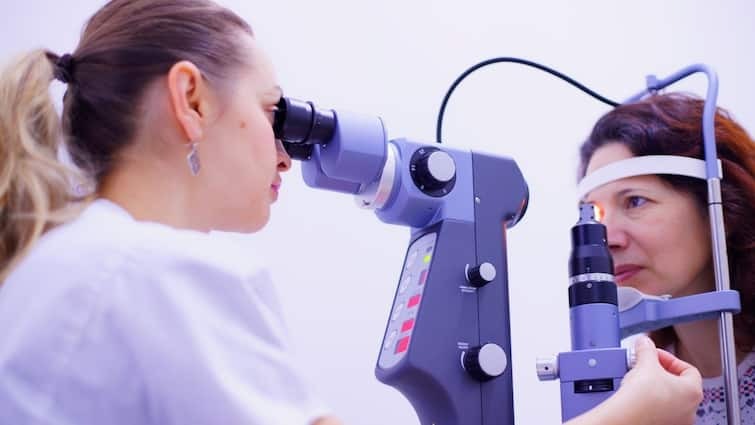
cataracts: Summer cataract removal can enhance the enjoyment of outdoor activities by reducing visual disturbances and discomfort associated with cataracts. In fact, in cataract surgery, the natural lens of the eye is replaced with an artificial intraocular lens (IOL) with UV protection after cataract surgery. Exposure to the sun can increase the risk of developing cataracts and make the symptoms caused by cataracts more severe. Let us explain this in detail.
Prolonged and excessive exposure to ultraviolet (UV) radiation, particularly UV-A rays and UV-B rays, is a known risk factor for developing cataracts. UV rays can damage proteins in the eye lens over time, leading to cataracts. Everyone, including people with cataracts, should take precautions to protect their eyes from UV radiation.
Sun exposure can worsen cataract symptoms. Strong sunlight can increase glare, halos, and difficulty seeing, which are common problems associated with cataracts. This can be especially troublesome for individuals who have undergone cataract surgery, as it can also have a negative impact on their lifestyle.
Exposure to the sun can worsen cataract symptoms. There are many potential benefits to cataract removal in the summer. The summer months typically have longer daylight hours and more natural light. This recovered vision can be beneficial during the recovery period after cataract surgery. It allows patients to adjust more quickly to their new, clearer vision.
Summer is the season for outdoor activities and vacations. Summer cataract removal can enhance the enjoyment of outdoor activities by reducing visual limitations and discomfort associated with cataracts. After cataract surgery, the eye's natural lens is replaced with an artificial intraocular lens (IOL). Many modern IOLs have built-in UV protection. Which can be useful during the summer when UV exposure is high. This extra protection can help reduce the risk of UV-related eye damage.
 look news india
look news india